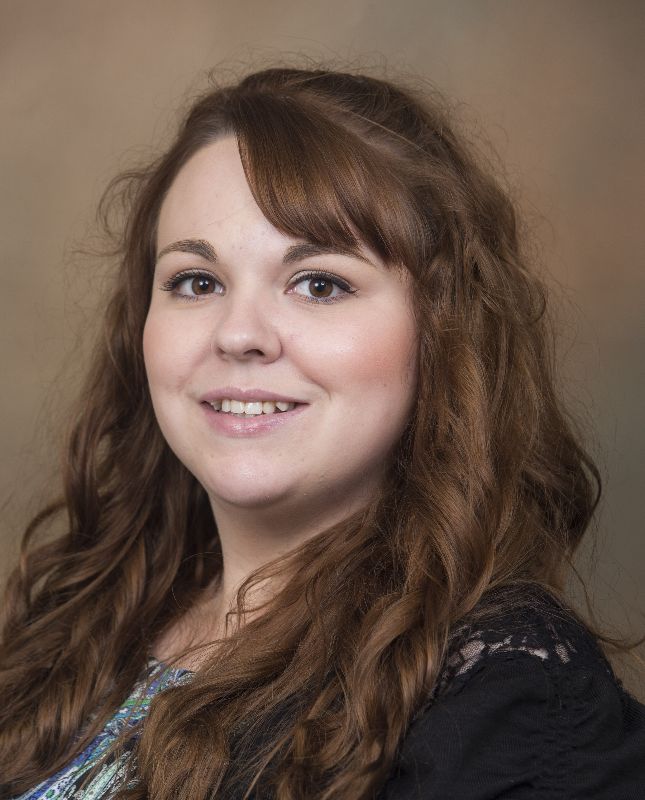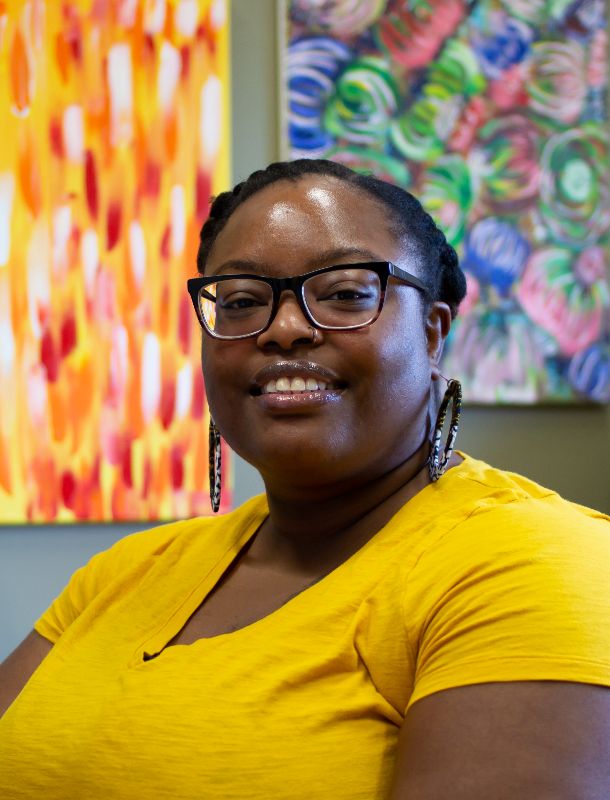2024 Conference Schedule
|
|
Wednesday, March 6, 2024
|
| 5:30 to 7:30pm | Welcome Reception (Graduate Columbia Hotel) |
| Thursday, March 7, 2024 | |
| 7:30 AM | Breakfast & Registration Global Café - just past the pavillion inside the Business School (1014 Greene St, Columbia, SC 29208) - look for the balloons! |
| 8:30 AM | Welcome
|
| 8:45 AM | Keynote
Using TILT to Create Intentional DEI Practices to Enhance Student Experiences in Library Instruction Brittany Champion, Furman University & Kayla Davidson, Eastern Kentucky University Library Instruction is a significant community-building element of an academic librarian’s role. As it serves as an avenue to connect with students, develop stronger librarian-faculty relationships, and functions as an outreach component. To create an inclusive space, each instruction session should offer elements that welcome accountability and ensure successful research practices that will later contribute to scholarly conversations. This session will focus our experiences with integrating intentional DEI practices into our instruction practices, using Transparency in Learning and Teaching (TILT), a teaching framework developed by Dr. Mary-Ann Winkelmes. Using the fundamentals of this framework, combined with instructional tools and interactive tools, allows for improved library and student relationships, stronger transferable research skills, and encourages students to invest in their research interests using their background experience.
Brittany N. Champion (she/her/hers) has over 10 years of experience in librarianship. Champion received her Master’s in Library Science from North Carolina Central University in 2018. She serves as the Past Chair of the Roundtable on Ethnic and Minority Concerns (REMCo), a North Carolina Library Association section, and the Technology Chair of the Black Faculty and Staff Association at Furman University.
|
| 9:45 AM | Break |
| 10:00 AM | Session 1. From One-Shot to All-In: Library Instruction for IRL Application
Angel Truesdale, University of North Carolina at Charlotte Learn how one team of librarians from both the instruction and technology innovation teams transitioned from one-shot library instruction to a model of scaffolded, multi-point engagement to help undergraduate marketing seniors think critically, beyond the classroom, and into their careers. Using data visualization, active learning, and an equity lens to connect to real community initiatives, we built a collaborative relationship with faculty that empowers students to develop skills they can leverage outside the classroom. As part of the class, students are able to produce better visual stories through data visualizations that can be used in professional portfolios and career opportunities. Outside of the class, faculty and librarians have solidified collaborative relationships to create updated approaches and assignments, producing a way to connect with new faculty to teach the series. Clients have included community members of a food insecure corridor, a major sports team, and a non-profit movie theater, all of which have caused students to build a connection to research that impacts community engagement. Overall, this experience has fostered goodwill between the marketing department, the college of business, and the library. |
| 10:25 AM | Session 2. Progress with Some Pushback: Working to Make an Academic Library and Materials Accessible for All
Kristy Cunningham, Austin Peay State University When two visually impaired students enrolled in the College of Business, the realization that the library and materials we provide both physically and digitally needed serious attention suddenly became very real. This presentation will outline how the library is making strides to be more inclusive and accessible, one step at a time. Discover practical insights on updating academic libraries for inclusivity and accessibility. This session tackles the challenges of outdated structures, emphasizing real-life case studies and concrete strategies for library modernization. Candid reflections on the journey will unveil challenges faced, along with positive outcomes and measurable impacts achieved. The presentation will outline future plans for more modernization and inclusive spaces, equipment, and materials. Attendees will leave equipped to kickstart their library transformations with practical takeaways and a realistic understanding of the process. Don't miss this opportunity to make libraries truly user-friendly and inclusive. 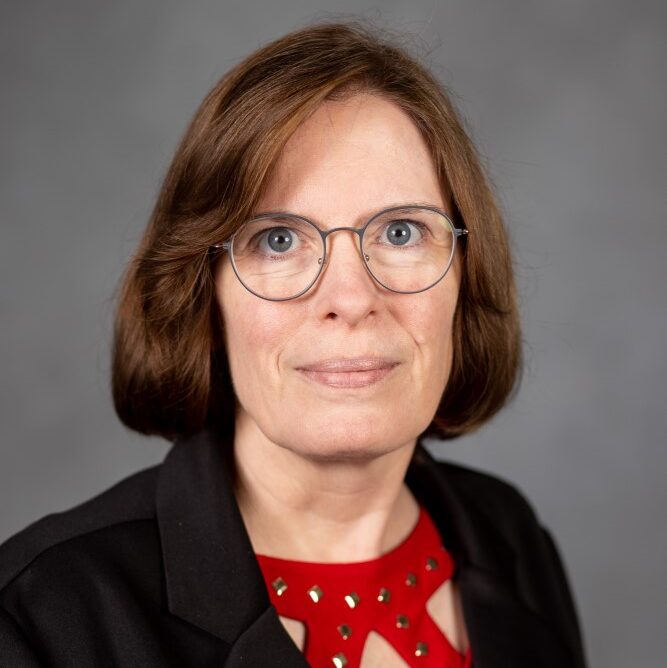
Kristy received her library degree from the Universtiy of Tennessee in May 2020 and began her role as Assistant Professor and Business Librarian at Austin Peay State University in July 2020. She supports the College of Business students and faculty with their research needs, schedules and keeps statistics for our InfoHub, and is always looking to make our library more accessible online and physically.
|
| 10:50 AM | Session 3: Impact Business Courses and Beyond Through Collaborative Outreach
Neal Baker, Purdue University Purdue University’s IMPACT program is a staffing model that allows librarians to move up the value chain as equal partners at the table and engage in relationship building with faculty. A cooperative venture involving the Libraries and other units, IMPACT promotes pedagogy that is student-centered, autonomy-supportive, and equitable and inclusive. Information literacy is a key component. This poster diagrams the IMPACT faculty learning community approach and its theoretical framework. To provide details, the poster spotlights a new Business Librarian’s first semester as an IMPACT developer working with a group of four faculty during Fall 2023. The two Business faculty members in the group each revised a course to include an information literacy assignment and a librarian guest lecture: one assignment is based on business cases and another uses geospatial data analytics. A Construction Management faculty member similarly plans to integrate new library-produced tutorials on both market analysis and how to research facilities trends for her online course. While assignments provide evidence of transformation, intangible library outreach benefits are equally important thanks to 13 weeks of group discussion that enable 360-degree mentoring and coaching. This presentation outlines a research study to measure business faculty IMPACT participation since 2011. 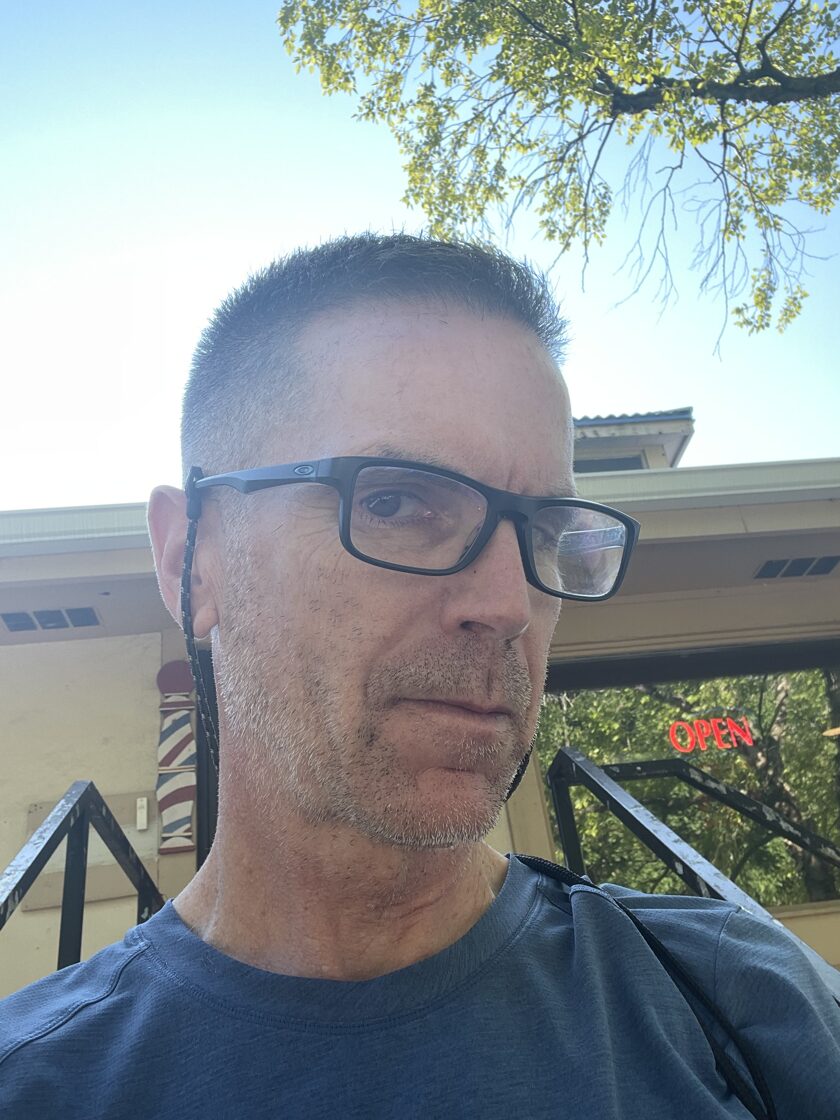 Neal Baker is Business Librarian at Purdue University since June 2023, following 25 years as an academic and public librarian. He's served on several ALA and ACRL committees. His most recent scholarship includes an accepted article about the Gen Con tabletop gamer convention and a solicited book chapter on the Warhammer game product portfolio.
Neal Baker is Business Librarian at Purdue University since June 2023, following 25 years as an academic and public librarian. He's served on several ALA and ACRL committees. His most recent scholarship includes an accepted article about the Gen Con tabletop gamer convention and a solicited book chapter on the Warhammer game product portfolio.
|
| 11:15 AM | Session 4. Where do you find the time: Writing Leave
Jennifer Boettcher, Georgetown University I work in a library where research is not required. Being a professional I want to improve myself and my field with ideas. Who has time? So we created the Lauinger Library Writing Forum in 2014. This short presentation will describe how writing leave works at Georgetown University. I will share how we justify the leave, the structure and process of the writing leave committee, examples of scholarly topics, and the documentation we use. This added benefit has changed the nature of worker retention and has allowed me time to focus on issues in the field of business librarianship. Others should try to get the same thing in their libraries. 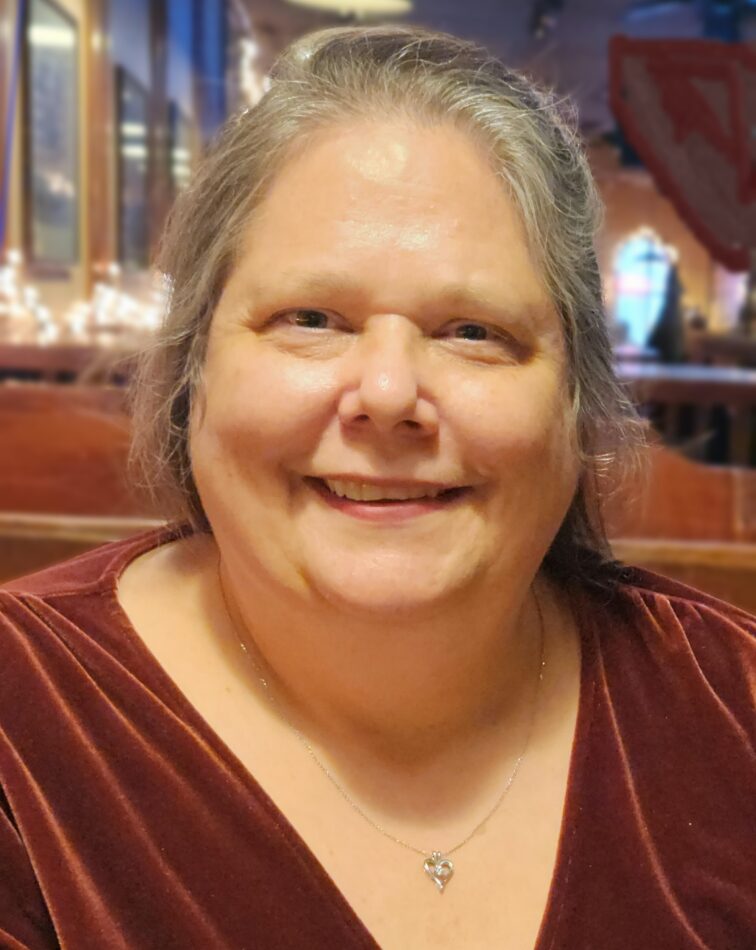 Recipient of the 2023 ALA RUSA Isadore Gilbert Mudge Award sponsored by EBSCO. Recognized for her outstanding contributions to reference librarianship, her leadership in ALA and RUSA, her many scholarly publications and presentations, her mentorship, and her national impact on business librarianship and government information. Her research focuses on public services in academic libraries and on government sources, specifically the North American Industry Classifications System (NAICS).
Recipient of the 2023 ALA RUSA Isadore Gilbert Mudge Award sponsored by EBSCO. Recognized for her outstanding contributions to reference librarianship, her leadership in ALA and RUSA, her many scholarly publications and presentations, her mentorship, and her national impact on business librarianship and government information. Her research focuses on public services in academic libraries and on government sources, specifically the North American Industry Classifications System (NAICS).
|
| 11:40 AM | Session 5. Come On Down! Using the Mentimeter Quiz Function for Instruction
Jennifer Horne, University of Kentucky One unavoidable element of instruction for business librarians is what I call the “database show and tell” – when an instructor wants you to demonstrate resources that help students complete an assignment. Too often it ends up being “here’s Database X and this is what you should use it for. Here’s Database Y and it’s best for this purpose.” To make this instruction more interesting for students (and for me!), I started using the Mentimeter quiz competition function in large marketing capstone classes where I typically introduce three databases. In addition to being interactive, it includes gaming elements such as music, points for quick answers, and a leaderboard to energize students and make it fun. Students work in groups to use the databases to answer the quiz show questions, which I strategically craft to meet learning goals. The students were engaged and competitive, and most importantly, were exploring the databases and learning what information they have and why they should use them instead of Google. Class instructors reported that students were much more likely to use the databases as sources for their capstone assignment and are thrilled with the results. 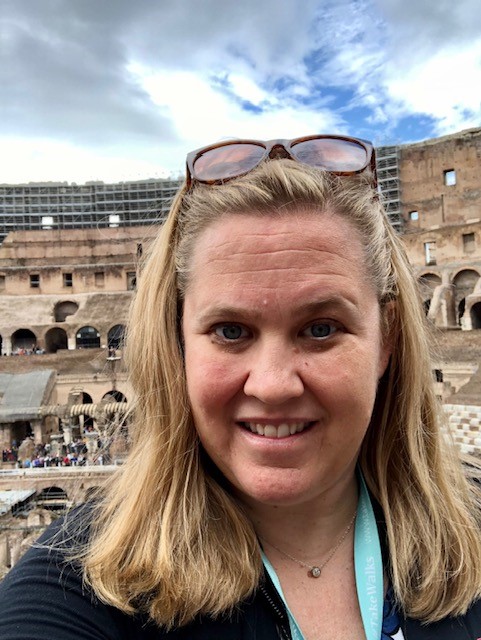
Jennifer supports business, political science, and politics students at the University of Kentucky. She is currently co-chairing the New Business Librarians Group. Prior to becoming a business librarian, she worked in public policy research and legislative affairs. |
| 12:05 PM | Session 6. Poster Lightening Session
Each poster presenter will provide a 5 minute talk. Posters will be available for browsing during lunch. P1: Navigating the Nexus: Taking Stock of Research Consultation Data to Shape Service Model Min Tong, University of Central Florida This poster session will illustrate the strategies employed by a solo librarian to collect and analyze the research consultation data to reshape the service model. Specifically, the focus is on understanding user dynamics, integrating online modules for under-class students while ensuring personalized assistance for upper-class students, graduate students, and faculty members. P2: Strategies for building successful business liaison outcomes Rod Bustos, Augusta University Beginning in 2012, I started collaborating with one of our business faculty members to provide library support for several courses. We started out with one-shot instruction sessions accompanied by a course specific LibGuide. When the Library started measuring learning objectives, I added a LibWizard survey to be administered at the end of the sessions. As one of the courses evolved, the professor invited me to come to the class mid-semester to assist with research questions and to provide some guidance and feedback on an infographic assignment. The students do final projects in these courses that require a presentation, and since I work with the students throughout the semester, I am regularly invited to serve as one of the judges for the final presentations. The quality of the presentations and the usage of library resources has gradually improved each time the classes are offered. This poster presentation will provide an overview of this collaboration between the University Libraries and the business school.  I'm a systems librarian with 25+ years of experience in academic libraries. In my current role, I oversee the technology and library applications at both the Reese Library (undergraduate) and Greenblatt Library (health sciences). In addition, I am the liaison to the Business & Cyber schools and work closely with their faculty and students to provide library services. P3: Canvas Ninjistu: Using a Learning Management System to Enhance Instruction and Scale with Growing EnrollmentScott Bokash, Blake Robinson & Leila Haddad, Rollins College Over the last two years, undergraduate enrollment has skyrocketed at Rollins College, a small liberal arts college in Winter Park, Florida. One of the challenges has been to provide classroom instruction at scale to a large cohort of new business students. To meet this need, a business librarian, an instructional technologist, and a librarian with an extensive instructional design background began working together to use Canvas at scale. This project evolved from embedding business and economics content within individual courses to creating a standalone “Critical Thinking and Library Research” Canvas course operated by the business librarian. This poster will explain how the authors worked together to create reusable and adaptable content that spans different classes and majors. They employed basic principles of universal design, such as embedding vendor documentation and video tutorials within Canvas, to make content more accessible to students. Finally, the authors will describe the pros and cons of different Canvas deployment strategies, such as embedding content within an instructor’s course, as well as who on your campus can help with a similar project.  Blake began working at Olin Library in 2019. Prior to joining Rollins College, he worked as a librarian for the State Library of Florida in Tallahassee, and he also worked in various capacities at Florida State University and the University of Central Florida. Blake serves as Olin Library’s point of contact for the Crummer Graduate School of Business along with the Business, Economics, Healthcare Management, Human Resources, and Social Entrepreneurship programs. P4: Building and Sustaining Relationships with Business Faculty in Times of Constant Transition Valerie Glenn & Janet Reid, Virginia Commonwealth University VCU Libraries has two librarians that support the School of Business in different ways - one via research and instruction, the other by selecting and acquiring materials for the collection. The Libraries’ has been fortunate that turnover in the two positions has not overlapped, allowing for librarians to onboard their partner and introduce them to key partners in the School of Business. This partnership between librarians allows the Libraries to build and sustain relationships with faculty in different ways, even as turnover occurs in the School of Business. However, building and sustaining relationships with those faculty can be challenging because the librarians are not employed by the School and are instead in a different organizational unit on campus. This poster will outline the methods that have traditionally been used to establish and sustain effective relationships with School of Business faculty along with new or emerging methods that have potential to build and maintain relationships, as well as examples of successful initiatives that have resulted from those efforts. 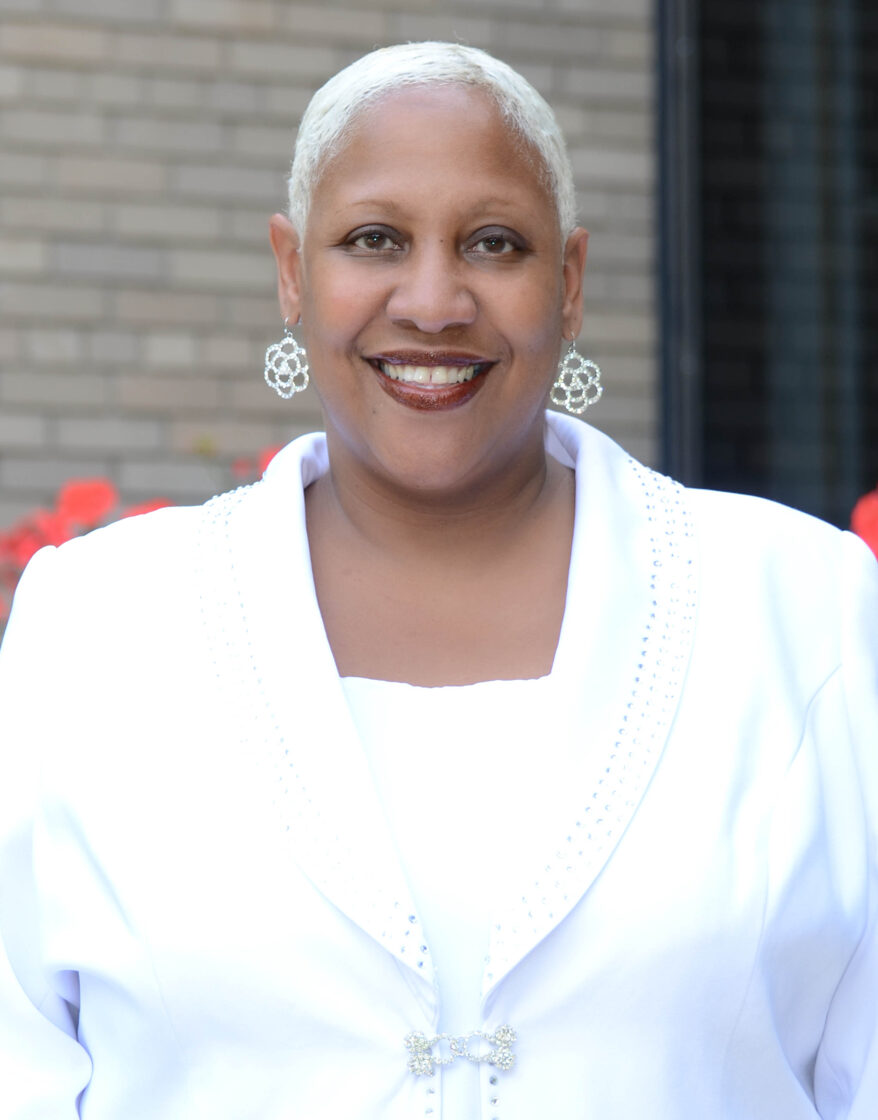 Janet Reid partners with the students and faculty at the VCU School of Business to promote their research and learning. She provides support through course-integrated classroom instruction, one-on-one consultations, workshops and outreach activities. Her research interest focuses on active learning in college courses.
Janet Reid partners with the students and faculty at the VCU School of Business to promote their research and learning. She provides support through course-integrated classroom instruction, one-on-one consultations, workshops and outreach activities. Her research interest focuses on active learning in college courses.
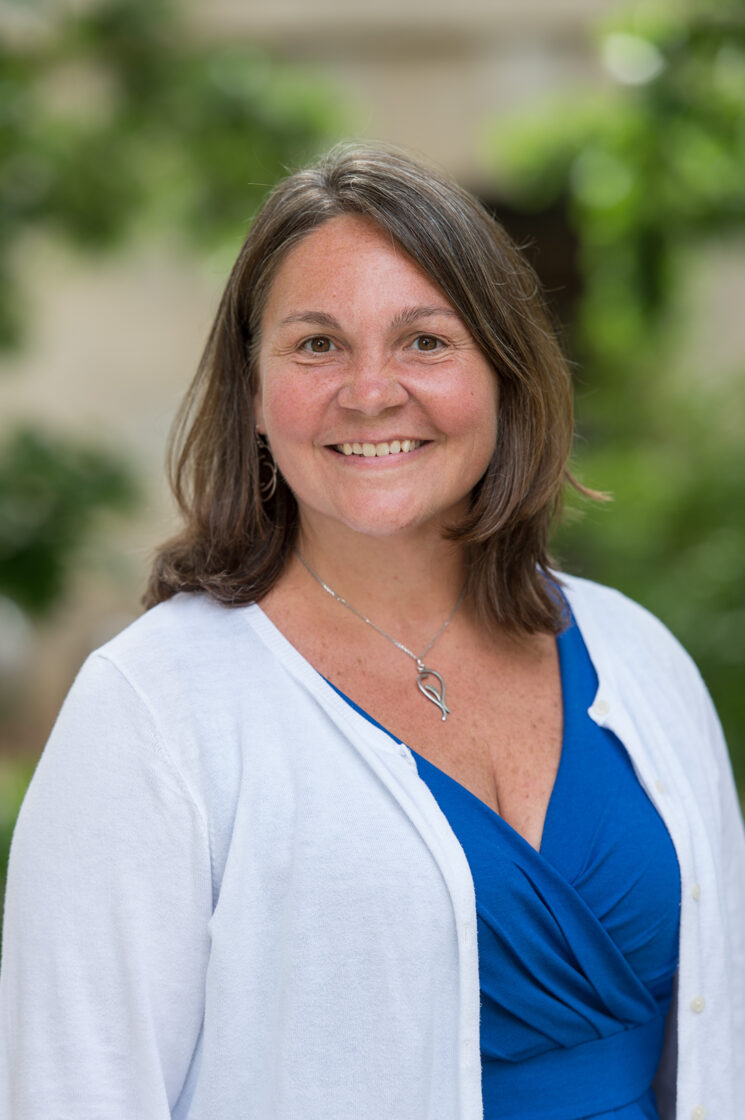 As Business and Public Affairs Collections Librarian, Valerie takes a leadership role in developing, assessing, managing, and promoting collections in all formats. She works closely with other members of the collections team to develop policy and procedures to sustain and foster excellent teaching and research collections, focusing on subject areas that include accounting, business administration, criminal justice, economics, finance, homeland security, information systems, management, marketing, public administration, and related disciplines.
As Business and Public Affairs Collections Librarian, Valerie takes a leadership role in developing, assessing, managing, and promoting collections in all formats. She works closely with other members of the collections team to develop policy and procedures to sustain and foster excellent teaching and research collections, focusing on subject areas that include accounting, business administration, criminal justice, economics, finance, homeland security, information systems, management, marketing, public administration, and related disciplines.
|
| 12:35 PM | Lunch & Poster Session |
| 2:05 PM | Session 7. Applying Business Principles to Librarianship: Utility of Time
Zac Grisham, Miami University This presentation proposes business librarians can, not only survive, but be celebrated in their business schools by applying simple business principles to their own work. Business faculty and students are taught to appreciate such principles as efficiency and opportunity cost in their work and life. Thus, if business librarians work/support reflect this type of mentality, not only will they be more productive, but camaraderie and respect will be encouraged. This particular presentation focuses on showing a way librarians can assess the "utility of their time", which comes from the concept of opportunity cost, when supporting classes at their business school. This assessment is intended to help maximize student exposure to the library and encourage use of it resources. To assess their “utility of time”, librarians will be shown how they can "price" clicks on guides and follow up questions which are then used to assess the value of their support. After this has been assessed, librarians can then strategically focus on classes that increase the “utility of their time” and maneuver away from those that decrease it. Tips and tricks are included for increasing “utility of time” and how librarians may calculate it. |
| 2:30 PM | Session 8. Session 8: Vendor-Librarian Collaborations in Academic Business Librarianship
Robbi De Peri, Chuck Knight & HD McKay, Vanderbilt University One of the most well-received sessions at last year’s SOUCABL was the vendor librarian collaboration from Emory. Building on this momentum, this panel presentation brings together vendors in conversation with librarians to explore, reimagine, negotiate more productive collaborations for mutual benefit, and maximum impact for our students and faculty. We will moderate 3-4 vendors in conversation with the conference attendees to celebrate recent wins, ask difficult questions, and start laying the groundwork for better futures. Successfully adapting in the current business information landscape requires us to challenge the status quo of conventional roles, how we engage, and what we invest in – all the while holding on the core values of business librarianship: public value and accountability that benefit our constituents and organizations. Both vendors and librarians in some ways are at risk of becoming irrelevant or too costly. This panel will create a space for frank and open discussion about where opportunities lie for us to try things differently, using real examples from the past year. Participants will be encouraged to actively engage in dialog with the vendor panel, in addition to prepared questions from the moderator. 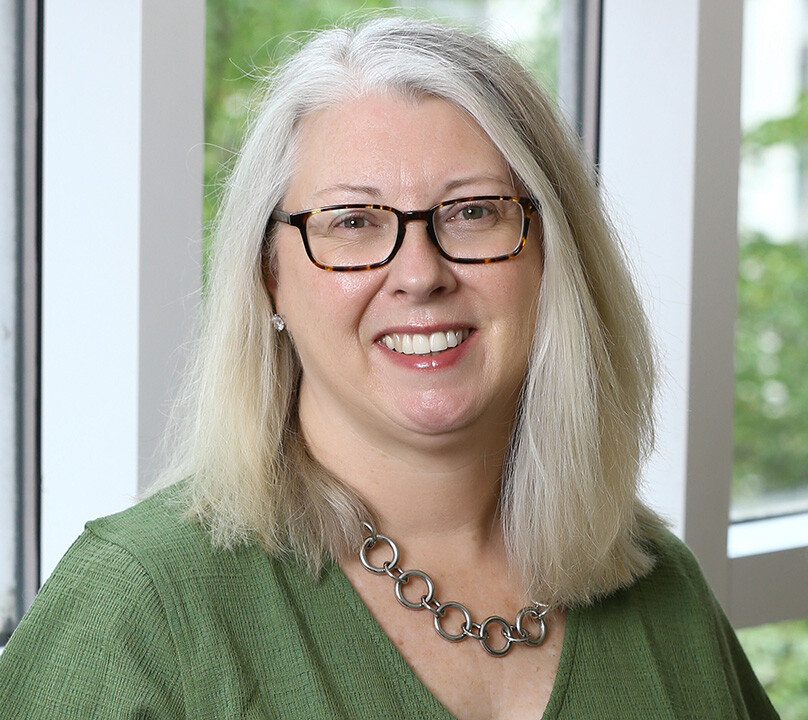 Robbi has 20+ years of research experience, both in corporate and library environments. She has worked at the Walker Management Library since 2008 and currently serves as a Librarian for Business, providing business reference and instruction services to the Owen Graduate School of Management and Vanderbilt community.
Robbi has 20+ years of research experience, both in corporate and library environments. She has worked at the Walker Management Library since 2008 and currently serves as a Librarian for Business, providing business reference and instruction services to the Owen Graduate School of Management and Vanderbilt community.Chuck Knight holds a Master of Science in Information Sciences from the University of Tennessee. He is the Business Information Library for Collections in the Walker Management Library at Vanderbilt University.
HD McKay is currently Librarian for Business and Lecturer at Vanderbilt University’s Owen Graduate School of Management. She has nearly two decades of professional experience working with practitioners and students of technology commercialization, entrepreneurship, product management, innovation strategy and tech stewardship.
|
| 3:05 PM | Vendor Roundup: Rotational break out sessions
Attendees have the opportunity to engage with academic business resource vendor representatives in small groups to learn about latest updates, provide feedback and get specific questions answered. |
| 4:05 PM | Taking Stock: Conference Wrap Up |
| 5:00 - 7:00 PM | Happy Hour Closing Reception (nearby venue, tbd) |
